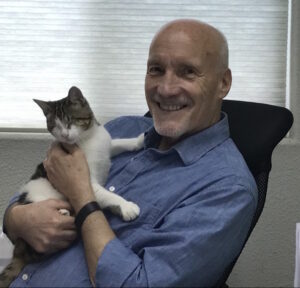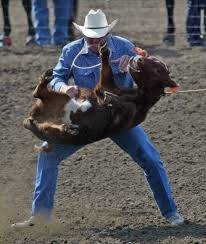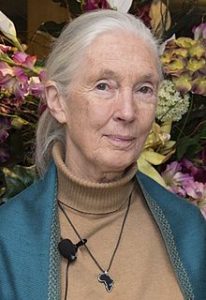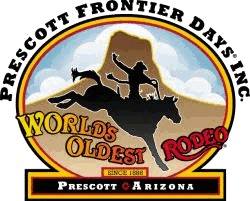 Imagine how you would feel if your boss told you he was so happy with your work that he was going to give a bonus to your coworker. I suspect you would be dumbfounded. Yet, in my line of work, it is not uncommon to hear, “I really love the work my local humane society or spca does – so I sent a donation to the Humane Society of the United States (HSUS) or to the ASPCA (American Society for the Prevention of Cruelty to Animals) to help support you.”
Imagine how you would feel if your boss told you he was so happy with your work that he was going to give a bonus to your coworker. I suspect you would be dumbfounded. Yet, in my line of work, it is not uncommon to hear, “I really love the work my local humane society or spca does – so I sent a donation to the Humane Society of the United States (HSUS) or to the ASPCA (American Society for the Prevention of Cruelty to Animals) to help support you.”
One of the greatest misunderstandings and biggest challenge local animal welfare organizations face is the belief most people have that HSUS and the ASPCA are affiliated with local animal welfare organizations.
Do you know how much funding HSUS and the ASPCA gave your local humane society or spca? If you said “nothing,” you’re likely correct – and this is true for virtually every local animal welfare organization in the United States.
Ironically, HSUS and the ASPCA raise enough money each year to fund an animal shelter in every state. However, HSUS has no animal shelter anywhere, and the ASPCA has just one shelter in New York City – that actually handles fewer animals each year than most small local humane societies or spca’s across the nation.
The mission of the national organizations is to raise awareness of national animal welfare issues; the mission of local humane societies and spca’s is to actually care for the homeless, abused and neglected pets in their local communities.
Many mistakenly believe their gifts to national groups will trickle down to help animals in their own community. I only wish that were true.
People come to this assumption through misleading marketing tactics. Let me give you an example. I once received an ASPCA direct mail solicitation that was also sent to millions of homes across the nation. The solicitation said, “Together we can stop cruelty to animals. … As you read this letter, somewhere – perhaps not far from you – someone is inflicting pain on an innocent and helpless animal. … You may not be able to rescue that particular animal. … Please send the largest gift you can manage to help the ASPCA save animals like it.”
Clearly, the ASPCA understands that sending “the largest gift you can manage” to their New York office is not the best way to help protect “an innocent and helpless animal,” a “particular animal,” an animal “not far” from where you live.
I have no objection to national animal welfare organizations asking for support for the important work they do. However, I do object to misrepresenting their programs by implying they are helping animals in every community in the nation. This is especially disturbing as you watch the daily barrage of heart-wrenching television ads national organizations use to seek donations.
I believe the maxim “think globally; act locally.” However, I object to national organizations abusing this tenet by suggesting you are acting locally when you contribute to them. Don’t be fooled. When you contribute to these organizations, your money is leaving your community never to return. If that is your intent, fine, but be sure you understand that.
Every local humane society/spca in every city, town and county, was founded to help homeless, abused and neglected animals in their own community. Local humane societies are often governed by a local volunteer board of directors and are funded almost entirely by local support.
Most local humane societies and spca’s receive no funding from the national groups, nor are they governed by or affiliated with them. Local humane societies and spca’s are often the largest local nonprofit 501(c)(3) charitable organization caring for the largest number of needy animals in their community – and these animals need our help. They need your help.
If you are looking for the best way to help homeless, abandoned and abused animals in your community, volunteer with your local shelter or make a life-saving tax-deductible donation directly to your local humane society, spca or animal rescue.
For more on this, click here: ASPCA spending may not be what donors expect.











